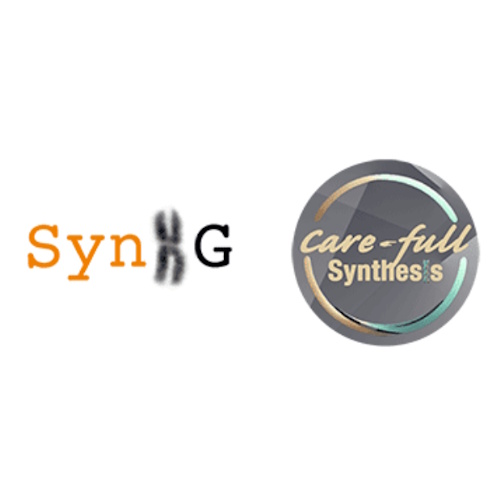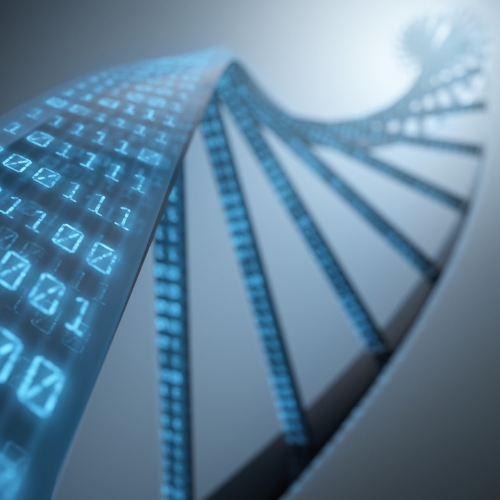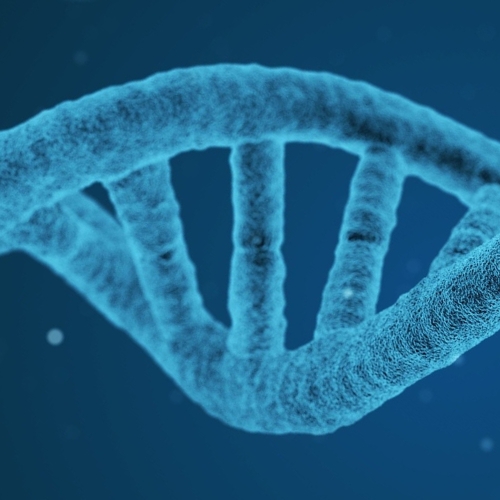Key points from article :
For most of human history, we could only read nature’s code — but a new era in biology is now focused on writing it. Building on the achievements of the original Human Genome Project, scientists are turning DNA into a programmable language through initiatives such as the Human Genome Project-write (HGP-write) and the Synthetic Human Genome Initiative (SynHG). These ambitious efforts aim to develop the technologies, ethical frameworks, and tools needed to synthesize entire chromosomes — and eventually, a complete human genome.
Genome writing could transform medicine, allowing researchers to correct complex genetic conditions, design new organisms, and revolutionize fields from agriculture to materials science. DNA synthesis already powers innovations like vaccines and gene-editing therapies, but writing genomes from scratch opens the door to designing life in fundamentally new ways — much like programming software. Advances in artificial intelligence are accelerating this shift, enabling scientists to “code” living systems with increasing precision and creativity.
Still, this progress brings profound ethical and security challenges. The power to create life also means the power to misuse it. That’s why HGP-write and SynHG stress openness, collaboration, and global oversight to ensure genome synthesis develops safely and equitably. Just as sequencing the human genome united the world around reading life’s blueprint, writing the human genome could inspire a new generation to imagine — and responsibly compose — the future of life itself.







